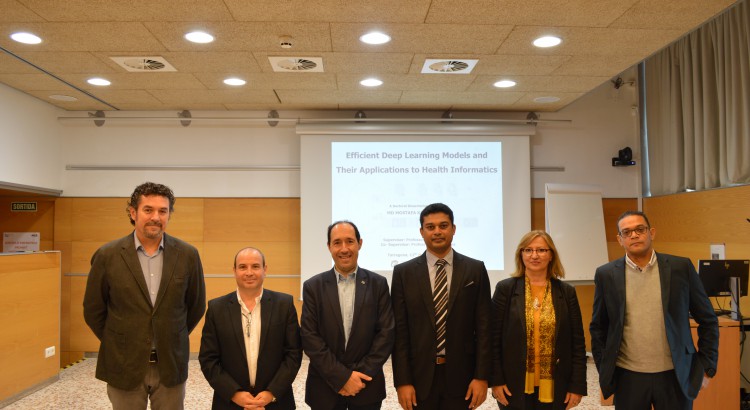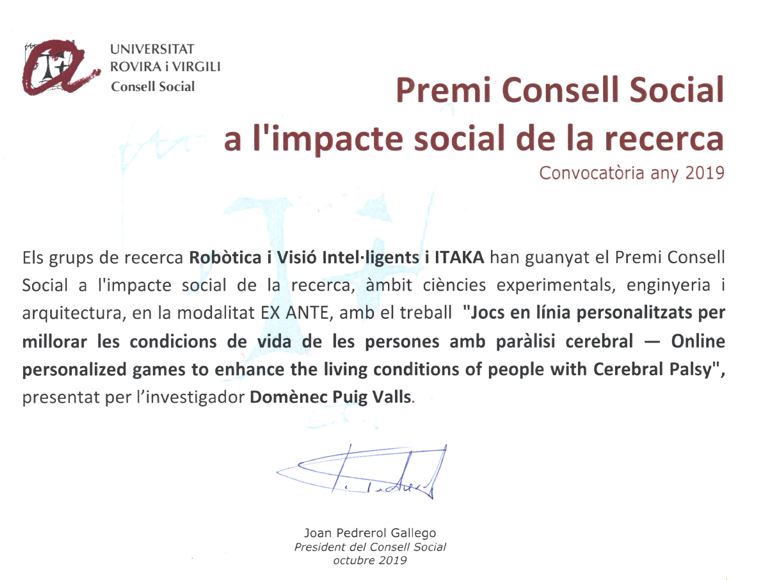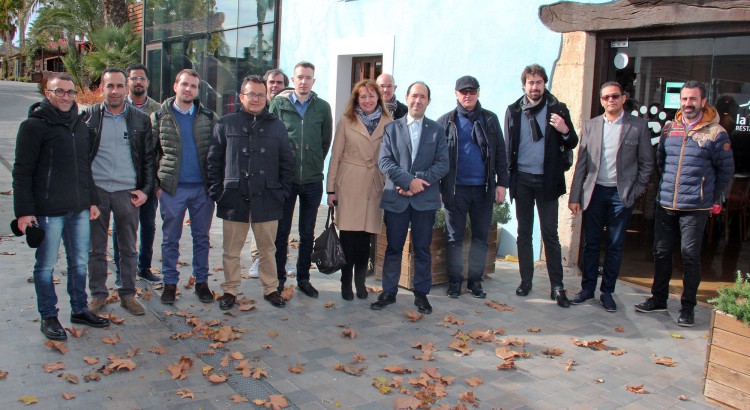Efficient Deep Learning Models and Their Applications to Health Informatics
Abstract: This thesis designed and implemented efficient deep learning methods to solve classification and segmentation problems in two major health informatics domains, namely pervasive sensing and medical imaging. In the area of pervasive sensing, this thesis focuses only on food and related scene classification for health and nutriaion analysis. This thesis used deep learninm models to find the answer of two important two questions, “where we eat?’’ and ‘’what we eat?’’ for properly monitoring our health and nutrition condition. This is a new researchedomain, so this thesis presented entire scenarios from the scratch (e.g. create a dataset, model selection, parameter optimization, etc.). To answer the first question, “where we eat?”, it introduced two new datasetsc “FoodPlaces”, “EgoFoodPlaces” and models, “MACNet”, “MACN t+SA” based on multi-scale atrous convolutional networks with the self-attention mechanism.
To answer the second question, “what we eat?”, it presented a new dataset, “Yummly48K” and model, “CuisineNet’‘, designed by aggregating convolution layers with various kernel sizes followed by residual and pyramid pooling module with two fully connected pathway. The proposed models performed state-of-the-art classification accuracy on their related datasets. In the field of medical imaging, this thesis targets skin lesion segmentation problem in the dermoscopic images. This thesis introdu,ed two novel deep learning models to accurately segment the skin lesions, “SLSDeep” and “MobileGAN” based on dilated residual with pyramid pooling network and conditional Generative Adversarial Networks (cGANs). Both models show excellent performance on public benchmtrk datasets.


